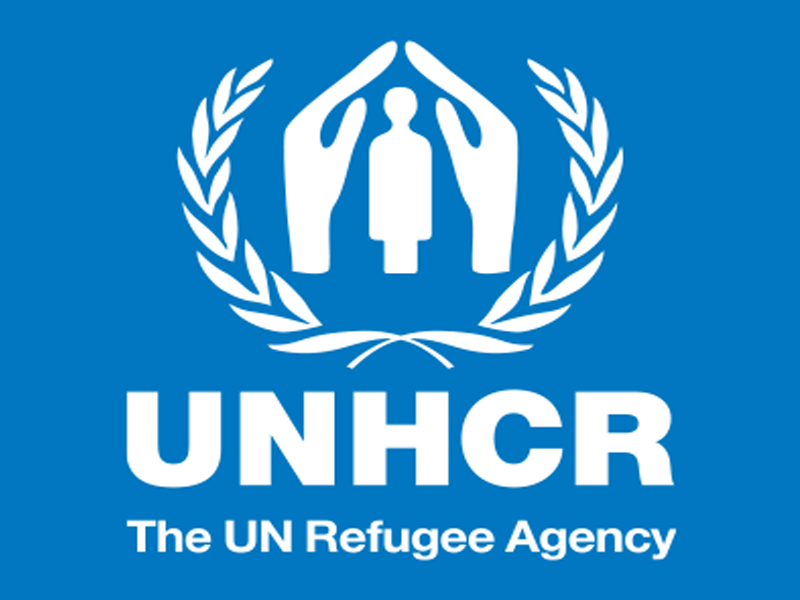Nigeria is hosting over 109,000 asylum seekers and refugees from 41 countries, according to the latest report from the United Nations High Commissioner for Refugees (UNHCR).
The UNHCR in its operational update revealed that the majority of these individuals hail from the Lake Chad Basin, including countries like Cameroon, Chad, and Niger, fleeing violence, insurgency, and climate-related crises.
The reports revealed that while the influx of refugees places pressure on Nigeria’s local resources, the government has maintained a favorable protection environment, allowing most refugees to integrate into host communities rather than isolated camps.
The report added that Nigeria’s hosting of 109,000 asylum seekers and refugees from 41 countries exemplified the country’s commitment to international principles, despite facing its own challenges with 3.5 million internally displaced persons (IDPs) due to ongoing insecurity in the northeast.
The report said: “Nigeria continues to be a country of origin, transit, and destination currently hosting asylum seekers and refugees (over 109,000 individuals from 41 countries), a majority of whom are from the Lake Chad Basin region.
“The operation supports refugees, stateless, returnees, and Internally Displaced Persons (IDPs). Conflict with non-state armed groups, communal violence, climate shocks, and other factors contribute to large-scale forced displacement both in Nigeria and in the region.
“In 2025, UNHCR will pivot away from providing substitutional services and blanket in-kind assistance to ensuring that all displaced communities have access to government services, to livelihood opportunities, and other long-term support and protection mechanisms with a view to becoming self-reliant over time.
“Cash-based initiatives will be expanded to strengthen the social safety net mechanisms and reach communities most at risk. Community-based/civil society organisations (CSOs), including refugee and IDP-led organisations (RLOs) will be supported to deliver key services within their community.”
According to the UN body, there are renewed discussions with the Nigerian government to revisit the current operational approach, while engagement will also be undertaken, aimed at handing over activities to the government.
UNHCR stated: “All this will not only result in sustainable programming but also enhance efficiency and cost-effectiveness, allowing for UNHCR to reinforce and even expand its footprint and deliver more impactful and targeted responses to regions such as the Middle Belt that are facing large-scale protracted displacement situations with little development support from other partners.
“In addition to continuing to advocate for inclusive policies towards displaced communities by the government, UNHCR will also step up efforts to ensure that forcibly displaced and host communities are better funded by donor governments, development partners, and the private sector.”





